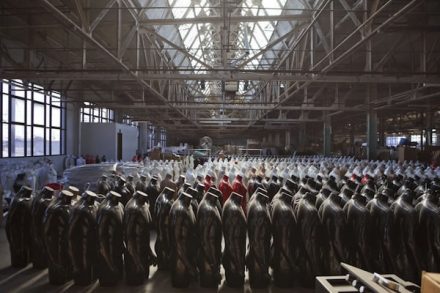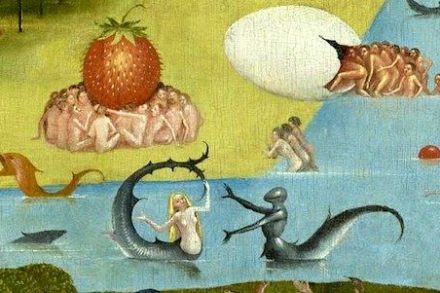
Seven Theses on Human Rights: (5) Depoliticization
by Costas Douzinas / Critical Legal Thinking, 31 May 2013 Rights form the terrain on which people are distributed into rulers, ruled, and excluded. Power’s mode of operation is revealed, if we observe which people are given or deprived of which rights at which particular place or point in time. In this sense, human rights […]









